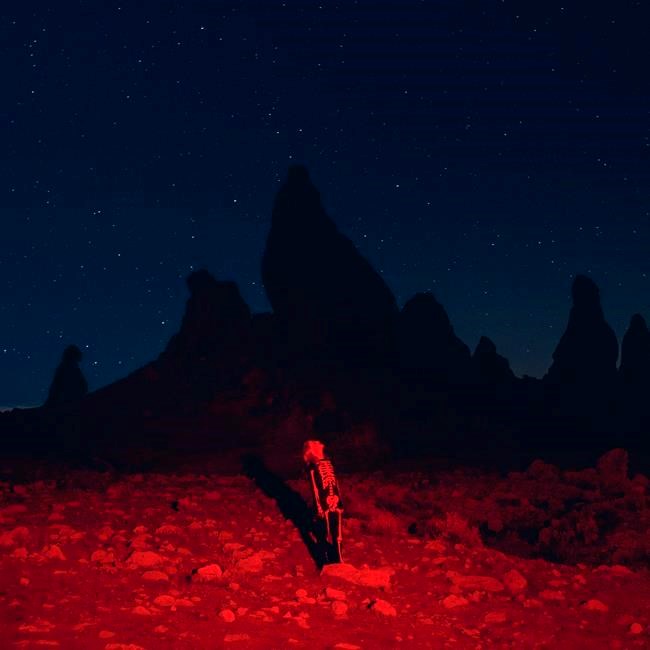Phoebe Bridgers, "Punisher” (Dead Oceans)
Phoebe Bridgers manages the neat trick of pulling pop toward the future while
That couplet comes late on “Punisher,” a follow-up to her acclaimed 2017 debut album “Stranger In the Alps.” The new 10-song set features cinematic synthesizers, digital drums, sampling, a vocoder and other contemporary studio finery.
And yet Bridgers' embrace of the 1970s Laurel Canyon folk tradition softens the sound of computers. The 25-year-old Californian's alto shimmers with vulnerability, the appeal compounded when her voice is layered in harmony.
The mood is mostly melancholy, as time spent with a diary tends to be. But
Skeletons, ghosts and other romantic wreckage make the slightly unsettling, carefully considered audio gauze an appropriate match for the lyrics. But Bridgers is best when she goes organic. Banjo and fiddle give “Graceland Too” a lilt lacking elsewhere, and brassy horns shine like a rising sun on the bouncy “Kyoto.”
Perhaps real instruments will be more prominent in Bridgers’ music going forward, the pop future reuniting with the past.
Steven Wine, The Associated Press



